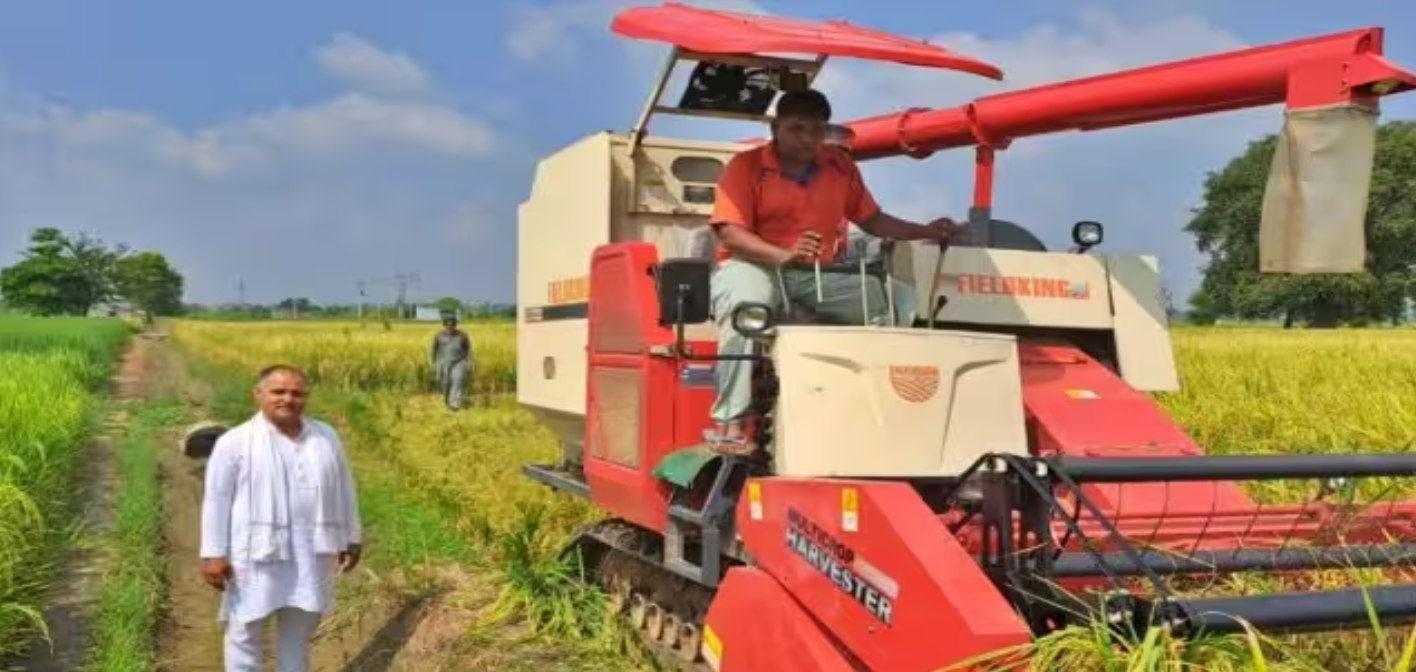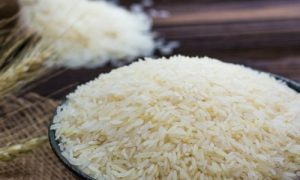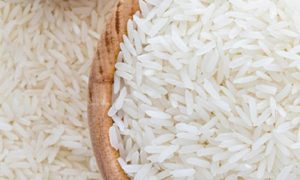Farmers call for lifting of basmati export curbs

“Basmati garibon ka chaaval nahi hai. Iske niryaat par paabandi kyon lagaya hai (basmati isn’t the poor man’s rice. Why has the government put restrictions on its exports)?,” asks Satyavan Sehrawat.
The 56-year-old’s question relates to a department of commerce directive, on August 25, practically banning basmati rice exports priced at less than $1,200 per tonne. APEDA (Agricultural and Processed Food Products Export Development Authority) has been told to limit the issue of registration-cum-allocation certificate, mandatory for every transaction, only to shipments contracted above the floor price.
For Sehrawat, a farmer from Daryapur Kalan village in Northwest Delhi, this isn’t a small thing. In the current season, he has planted as many as four basmati varieties – Pusa 1847, 1692, 1509 and 1885 – on nearly 50 acres, 20 of his own and the rest taken on lease. These are mostly of 90-100 days duration, from their date of transplantation between June 10 and July 1.
“They are all ready for harvesting now or in the next couple of weeks. If there is not much demand from exporters, who else would buy our produce? Not many farmers can afford to hold back their crop till demand returns. They need money to buy inputs for the next season, repay existing crop loans and also meet immediate household expenditures,” Sehrawat pointed out.
As per the August 25 directive, the $1,200/tonne floor price restriction for exports is to “remain effective till 15.10.2023 and the situation reviewed in the first week of October 2023”. But that period, from mid-September to mid-October, is the peak marketing season for the 90-100 days’ basmati varieties. The maturity time is more, at 115-125 days, for other improved Indian Agricultural Research Institute-bred Pusa varieties such as 1121 and 1401.
Sehrawat claimed that the minimum export price restriction would only benefit “bade vyapari (large traders)” and millers: “They will cite low demand for our rice in the world market at this rate ($1,200/tonne), forcing farmers then to sell at whatever the price that is offered. Even if the restrictions are lifted later on, it won’t help those who have already sold”.
The government may have reasons for not allowing grain consumed by low-income households to go out of the country in today’s inflationary environment: “But why do this to basmati, which does not receive any minimum support price and is entirely bought by private traders and millers for exports or sale as premium rice,?” he added.
The apprehension of farmers is partially borne out in mandi prices. At Delhi’s Narela wholesale grain market, Pusa-1692 and 1509 basmati paddy harvested by combines and containing 20% moisture is selling at Rs 3,500-3,550 per quintal.
“Before the floor price for exports came in, the same grain was quoting at Rs 3,800/quintal. Even manually-harvested 1692 and 1509 paddy with lower 17% moisture is fetching only Rs 3,650/quintal at present,” said Rajesh Goel, a trader at the Narela mandi.
Moreover, this might just be the start. The Narela market is now seeing daily arrivals of about 15,000 bags of 50-kg each, which will touch 100,000-150,000 bags in October. As arrivals peak, there could be a further downward pressure on prices.
India exported 4.56 million tonnes of basmati rice worth $4.79 billion in 2022-23 (April-March), with the average unit value of shipments at $1,050 per tonne. While the latter value rose to $1,102 per tonne during April-July 2023, it was still below the minimum export price of $1,200 stipulated by the department of commerce.
“Roughly 80% of India’s basmati exports comprises parboiled rice that, before the floor price restriction, was being shipped out at $800-1,000. Not many global buyers will pay $1,200-plus for the same rice. They would rather shift to Pakistani basmati or other rice with fragrant aroma/flavour profile such as Hom Mali from Thailand, Jasmine from Vietnam and Calrose from the US,” warned a leading Gurugram-based exporter.
















